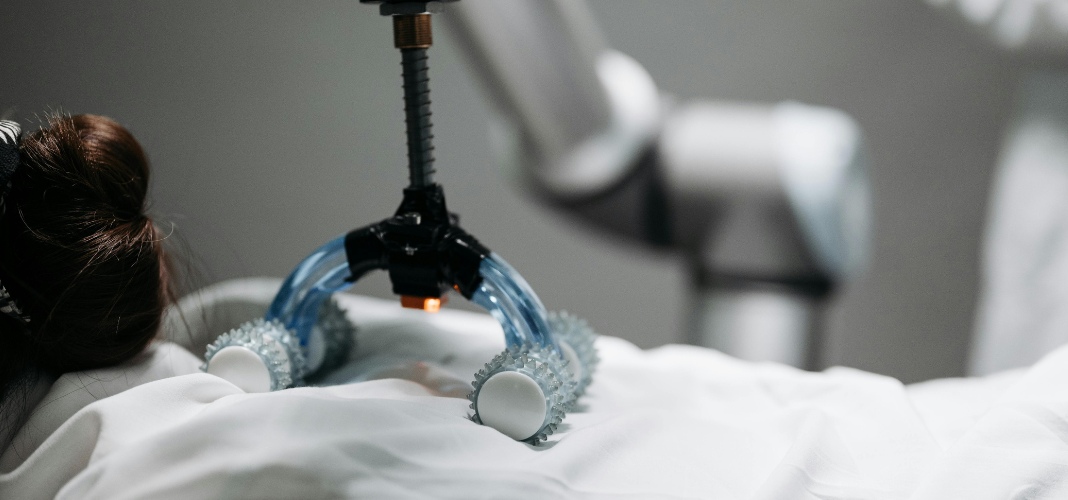Science fiction has long painted a picture of artificial intelligence as robots performing surgery or diagnosing illnesses. While we might not be there yet, AI is rapidly transforming the healthcare landscape in profound ways, leading to improved diagnoses, more effective treatments, and ultimately, saving lives.
From X-Ray Eyes to Supercharged Analysis
One of the most exciting applications of AI is in medical imaging. AI algorithms can analyze X-rays, MRIs, and CT scans with incredible detail, spotting subtle abnormalities that might escape the human eye. This can lead to earlier diagnoses of diseases like cancer, allowing for quicker intervention and better treatment outcomes.
AI as a Trusted Partner for Doctors
AI isn’t here to replace doctors; it’s here to empower them. By sifting through vast amounts of medical data, AI can provide doctors with real-time insights and personalized treatment recommendations. This allows doctors to focus on what they do best – building relationships with patients and making critical decisions based on their expertise and the patient’s specific needs.
Predicting and Preventing Illness
AI is also being used to predict potential health risks. By analyzing a patient’s medical history, lifestyle habits, and genetic data, AI can identify individuals who are more susceptible to certain diseases. This allows for preventative measures to be taken, potentially preventing the onset of illness altogether.
The Future of Healthcare is Intelligent
The use of AI in healthcare is still in its early stages, but the potential is truly life-saving. From drug discovery and personalized medicine to remote patient monitoring and chronic disease management, AI is poised to revolutionize the way we deliver and receive healthcare. However, it’s important to remember that AI is a tool. Just like any tool, it needs to be used responsibly and ethically. Ensuring data privacy and avoiding biases in algorithms are crucial considerations as we move forward.


